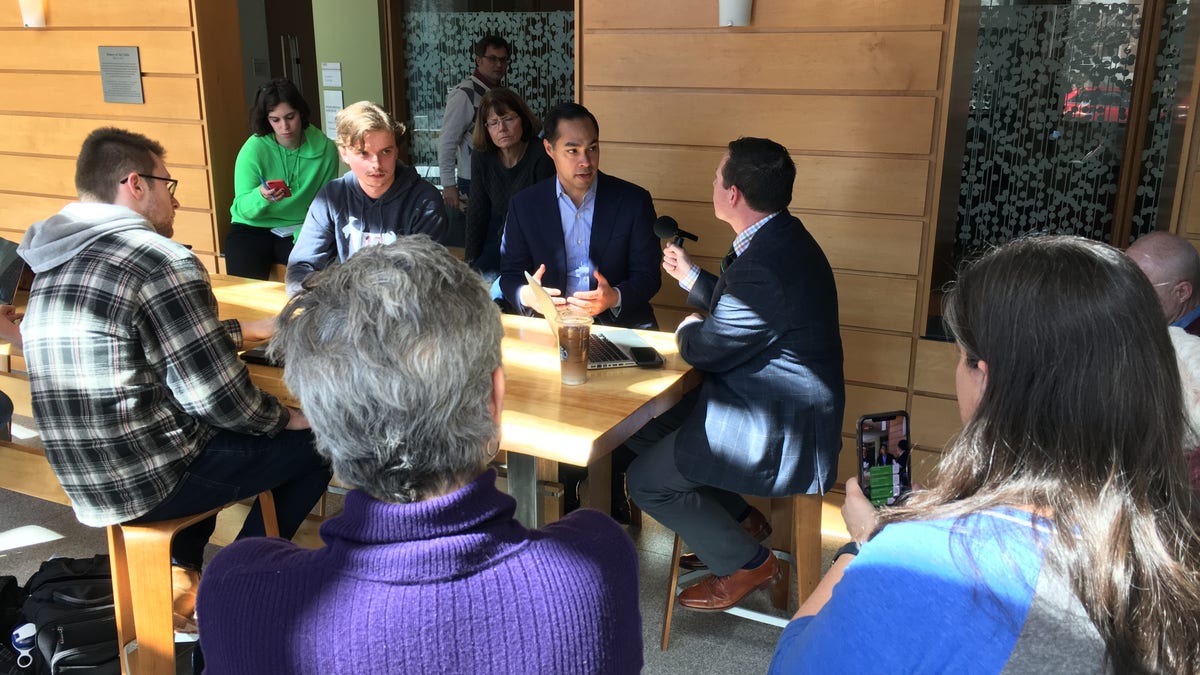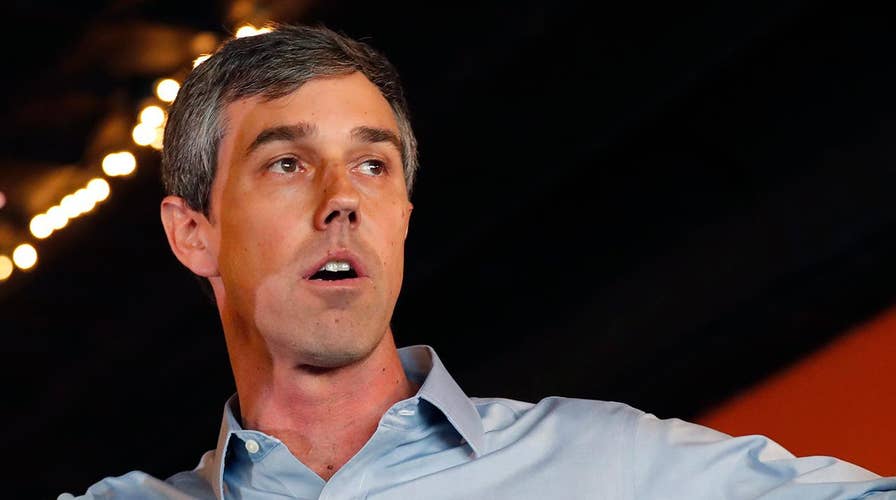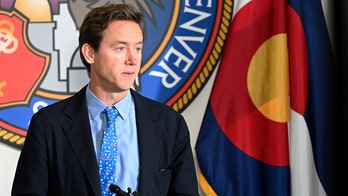DURHAM, N.H. – Contrasting himself with fellow Texan Beto O’Rourke and other rivals for the Democratic presidential nomination, Julian Castro on Monday stressed that he’s “spoken in concrete and specific terms” and “didn’t grow up the front runner.”
Castro, the former San Antonio mayor who later served as secretary of Housing and Urban Development under President Barack Obama, also acknowledged his bid was a long shot, saying “if the election were held tomorrow, I know that I wouldn’t win tomorrow. But the election’s not held tomorrow. We still have 47 weeks until New Hampshire votes.”
Castro spoke with Fox News during a jam-packed, 24-hour trip to New Hampshire, the state that holds the first primary in the race for the White House. His visit came as O’Rourke announced a massive $6.1 million fundraising haul in the first day of his presidential campaign, the most yet by any 2020 Democratic White House hopeful. O’Rourke declared his candidacy last week, grabbing large crowds and extensive media coverage.
BETO O'ROURKE DRAWS BIG BUCKS AND CROWDS BUT ALSO BIG GAFFES OUT OF THE GATE
“I didn’t grow up the front runner. In the neighborhood that I grew up in, the way that I grew up, the way that a lot of people of different backgrounds grow up, they don’t grow up the front runner,” said Castro, the only Latino candidate in the race.
While O’Rourke’s been criticized the past few days for growing up with white male privilege, Castro emphasized that being a longer shot candidate who grew up with modest means could benefit him at the ballot box.

Julian Castro taking questions Monday from faculty and students at an event at the University of New Hampshire, in Durham. (Fox News)
BETO O'ROURKE'S EYE POPPING FUNDRAISING HAUL
“I’m going to go out there and speak to a whole bunch of people in New Hampshire and across the country that don’t feel like they’re the front runner either these days. And I believe that’s a lot of people,” he said.
Castro - who launched a presidential exploratory committee in December and formally declared his candidacy in January - also appeared to pick up on the criticism over O’Rourke’s lack of policy specifics on the campaign trail.
“I’ve spoken in concrete and specific terms about the kind of things that we need to do,” he touted.
Castro also contrasted himself with O’Rourke and other 2020 rivals who have served in Congress, saying “I’m one of the few folks in this race that have executive experience. That has a track record of getting things done. And I believe that people are ready for somebody who actually knows what they’re doing in that position.”
Asked about the wall-to-wall media coverage of O’Rourke’s launch and his early foray on the campaign trail, Castro said “my hope is that all of the candidates that are in this race, the 15 or 16 in this race, will have an opportunity to show the American people what they’re about.”
“The Democratic Party learned a lot from the experience in 2016 and because of that they’ve made positive changes to ensure that people across the spectrum have a voice. The networks hopefully have learned a lot as well. And hopefully they’ll make changes in terms of how they treat all of the candidates. That’s just as important because the voters rely on those networks to get their information,” he added.
Castro was making his second swing through New Hampshire since formally declaring his candidacy. His trip to the Granite State came directly after stops in Nevada, the first western state to vote in the primary and caucus calendar, and South Carolina, which holds the first southern primary.




